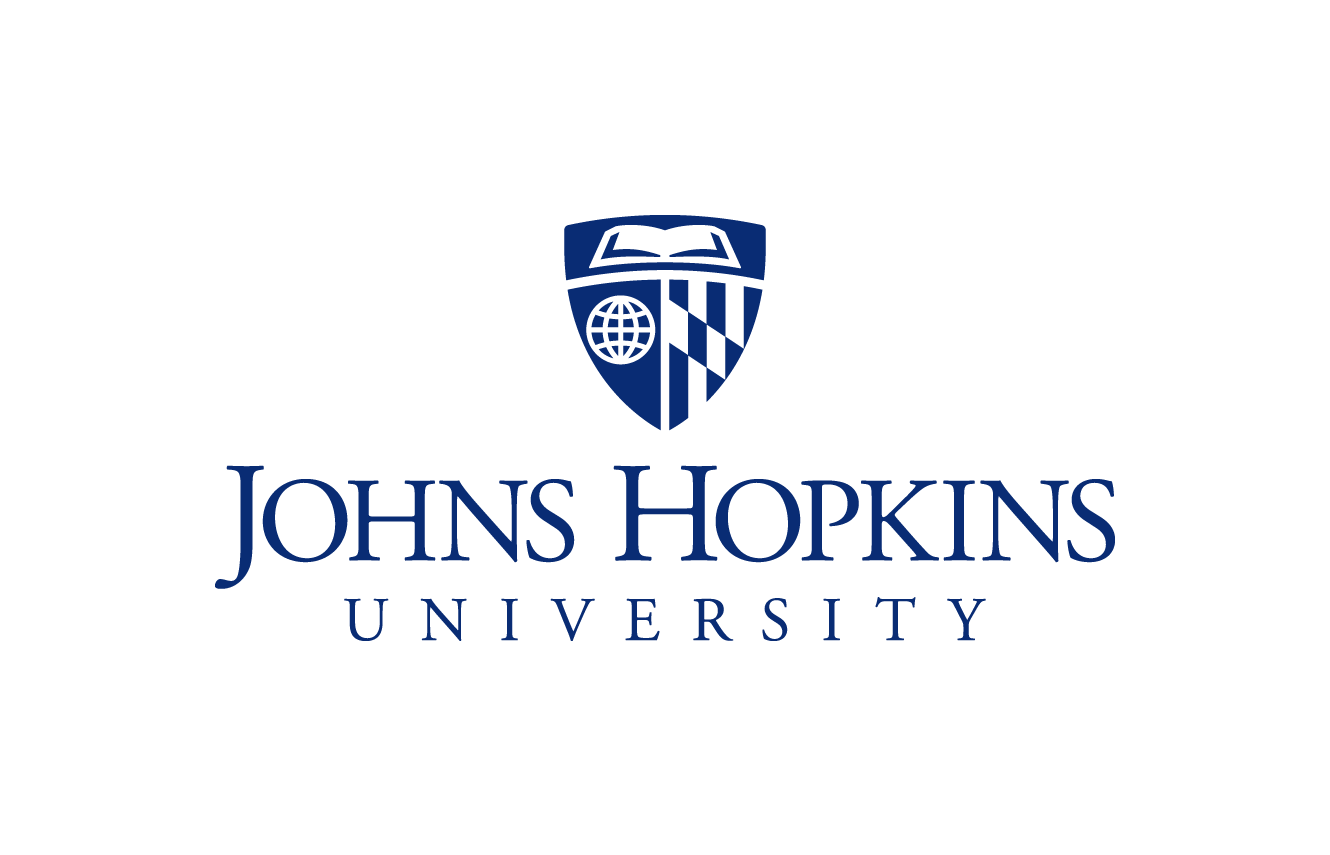Session 5: AI, Python, & R#
In today’s increasingly interconnected world, collaboration is key. You’ll most certainly work with someone who doesn’t use Stata, but Python or R, for example. So, how can you ensure seamless collaboration in such situations? In this chapter, we’ll discuss strategies and best practices for cross-platform collaboration. We’ll delve into the use of common data formats, version control systems, and other tools that can ease the process. Moreover, we’ll briefly touch upon how artificial intelligence, especially tools like OpenAI’s GPT, can facilitate your programming journey
Session 5: AI, Python, & R: Cross-Platform Collaboration
Importance of Cross-Platform Collaboration:
Discussing the significance of collaboration across different programming languages and statistical computing platforms
Exploring the benefits and challenges of working with colleagues who use Python, R, or other tools
Common Data Formats:
Overview of common data formats (e.g., CSV, JSON, Excel) that are compatible across multiple platforms
Demonstrating data import and export techniques between Stata, Python, and R using these formats
Interoperability Between Stata, Python, and R:
Introduction to libraries and packages that enable interoperability between Stata, Python, and R (e.g.,
pandas,reticulate)Sharing data and results seamlessly between different programming languages
Version Control Systems:
Importance of version control systems (e.g., Git, GitHub) in collaborative projects
Using version control systems to manage code, track changes, and facilitate collaboration across platforms
Reproducible Research:
Principles and practices of reproducible research
Leveraging tools like Jupyter Notebooks, R Markdown, or Stata Markdown for creating reproducible reports that integrate code, visualizations, and narrative
Leveraging AI Tools:
Introduction to AI tools and libraries, such as OpenAI’s GPT and chatbots, for enhancing programming and problem-solving capabilities
Exploring how AI can assist with code completion, error handling, and documentation generation
Workflow and Project Management:
Strategies for organizing and managing collaborative projects across platforms
Establishing effective communication channels and workflows to ensure seamless collaboration
Case Study and Practice:
Collaborative project scenario involving the integration of Stata, Python, and R
Demonstration of workflows, data sharing, and result integration
Discussion on the benefits and challenges encountered during the collaborative process
Encourage students to actively participate in discussions about cross-platform collaboration and share their experiences with different programming languages. Provide hands-on exercises and practical examples that involve integrating Stata, Python, and R to reinforce the concepts covered in the session. Highlight the importance of clear communication, code documentation, and effective project management to ensure successful collaboration across platforms.
